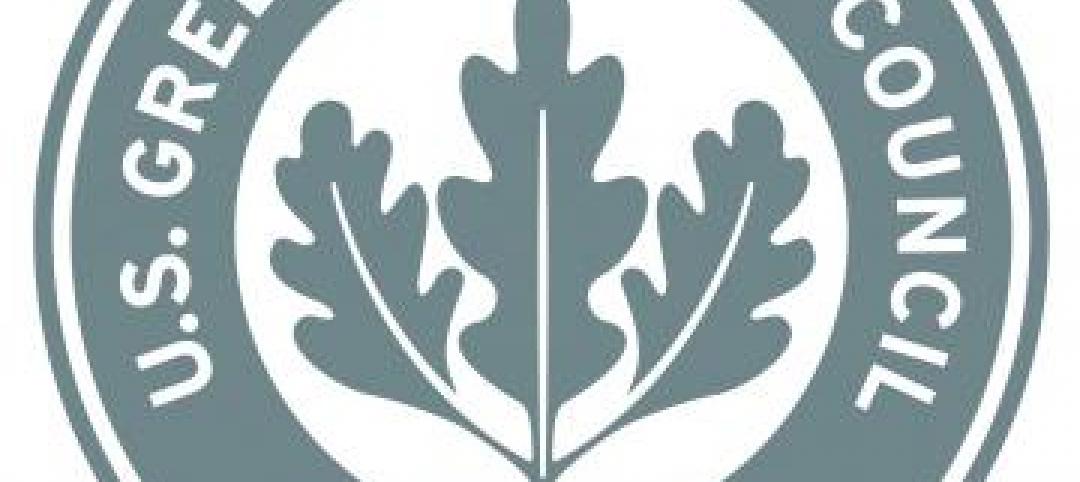Bureaucratic ineptitude ruined the U.K.’s disastrous home retrofit program, and the U.S. could draw valuable lessons from the debacle.
Last summer the U.K. unveiled a “build back better” economic stimulus package that was centered around a $2 billion program to retrofit homes. The program was supposed to fund energy efficiency and clean heat upgrades in 600,000 homes, but it was canceled recently after a six-month effort that may have killed more jobs than it created.
The Green Homes Grants program allowed most U.K. homeowners and landlords to receive up to about $6,900 to help pay for insulation, electric heating systems, and other energy-efficient upgrades such as new windows, doors, and heating controls. Low-income homeowners were eligible for up to nearly $14,000.
But, in order to apply, building owners had to obtain a quote from an accredited installer—few of which existed. Installers were reluctant to go through the time-consuming and expensive process of getting accredited without a longer-term assurance that there would be work. Program administrators often rejected quotes for being too high, asking applicants to provide more details or seek out additional estimates. Many homeowners dropped their retrofit plans as a result.
Retrofitting homes is a major part of the Biden Administration’s $2 trillion American Jobs Plan aimed at economic recovery from the COVID-19 recession. The administration can look across the Atlantic as a lesson on how to avoid failure.
Related Stories
| Feb 7, 2014
ASHRAE releases new refrigerant standards
The 2013 editions of ASHRAE’s major refrigerants-related standards, incorporating 41 new addenda, have been published.
| Feb 7, 2014
Ohio legislature moves to bar LEED standards on state projects
The use of LEED standards is being barred for public construction in Ohio under a state senate resolution.
| Jan 31, 2014
Center for Environmental Innovation in Roofing releases solar panel racking criteria for asphalt shingle roof systems
The Center for Environmental Innovation in Roofing’s PV Taskforce is releasing the first public draft of PV Racking and Attachment Criteria for Effective Asphalt Shingle Roof System Integration for an initial round of public comment.
| Jan 31, 2014
Developers are exceeding LEED standards for marketing purposes
Using LEED certification as a marketing tool is perceived by developers to be a successful tool, and this has pushed them to go above the minimum requirements at each level of certification, according to a study in the Environmental Science & Technology journal.
| Jan 31, 2014
OSHA extends feedback period for disclosure of workplace injuries proposal
The Occupational Safety and Health Administration said it would extend the comment period for a proposal that would require employers to submit electronic reports of workplace injuries and illnesses.
| Jan 31, 2014
DOE releases new efficiency standards for halide lamps
The Energy Department has finalized new energy efficiency standards for metal halide lamp fixtures, which are used in lighting for big box stores and parking lots.
| Jan 31, 2014
New LEED online platform now available for LEED v4 projects
LEED v4 projects will be the first to experience the new LEED Online platform with streamlined documentation and processes.
| Jan 26, 2014
New York extends, enhances tax abatements to promote green roofs
The expansion of a tax-abatement program for green roofs under New York state law doubles the previous maximum benefit of $100,000, adds new plant species to the list of those applicable for the tax break.
| Jan 23, 2014
Washington state micro apartment law prompts fire safety concerns
Proposed legislation to further regulate the building of micro apartments has triggered appeals from community activists concerned that fire safety standards are sub-par.
| Jan 23, 2014
Pennsylvania owes school districts $1B for construction projects
The Pennsylvania Department of Education owes about $1 billion to numerous school districts for about 350 state-approved renovation and construction projects.













